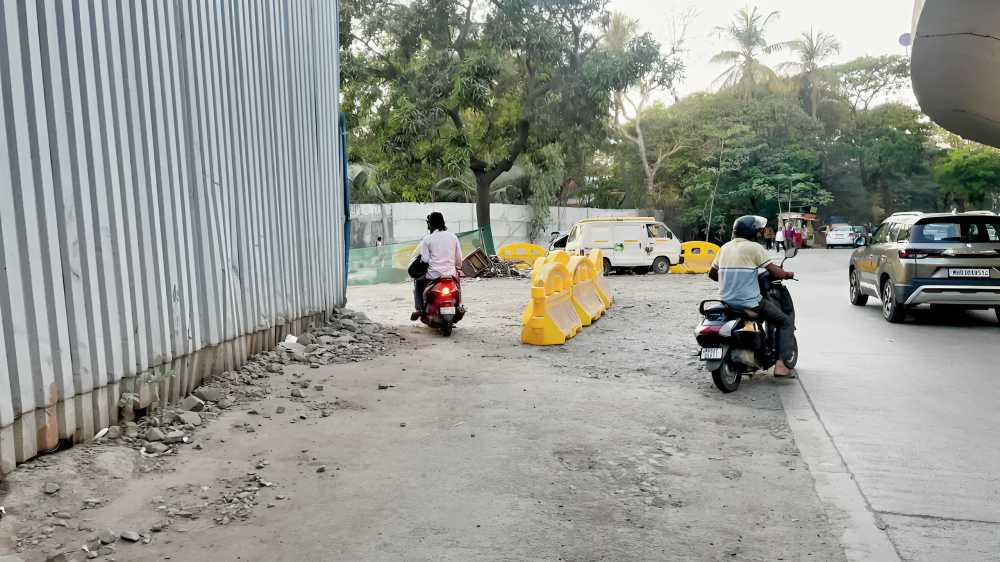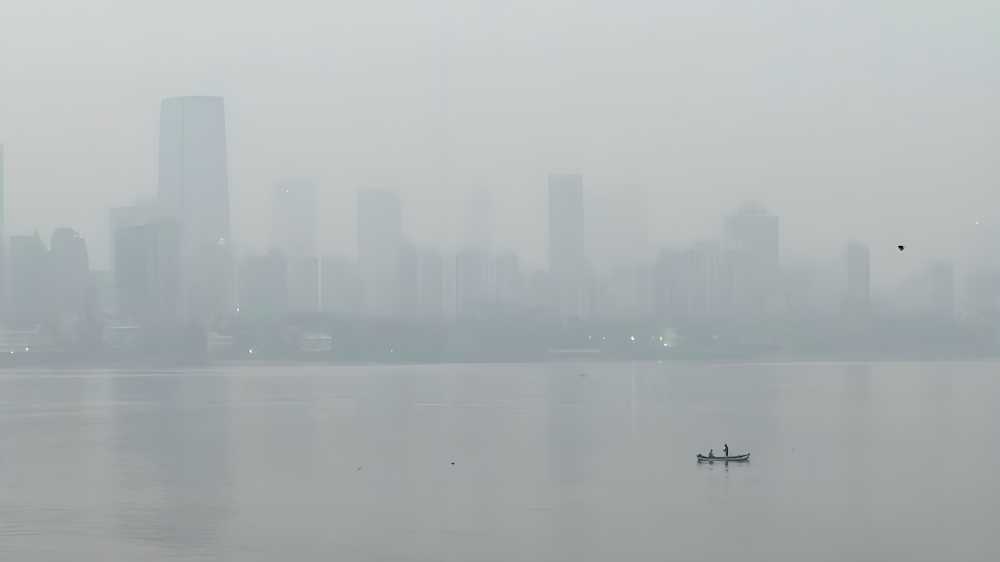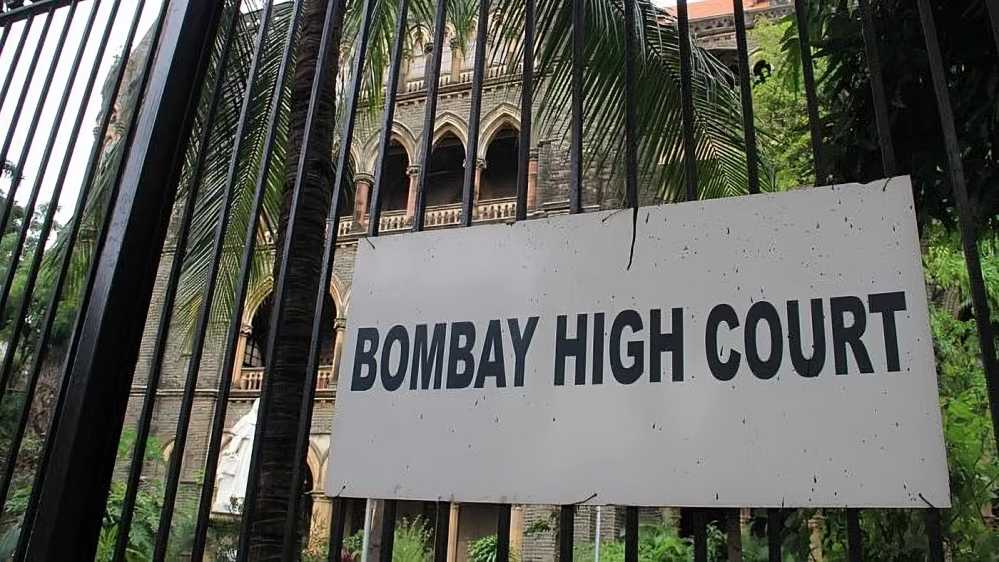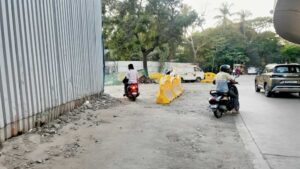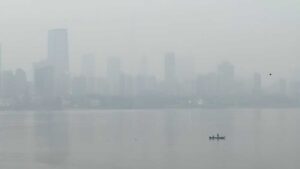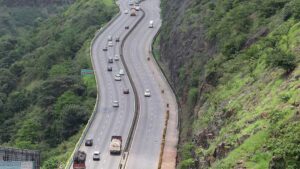Mumbai has recently been ranked among the least walkable cities globally, highlighting deep-rooted civic issues. Rishi Aggarwal, civic expert and founder of the Mumbai Sustainability Centre, discusses the city’s challenges around walkability, road infrastructure, disaster preparedness, and waste management.
Aggarwal emphasises that creating pedestrian-friendly cities is a cost-effective way to improve quality of life for many. While cities in Europe, America, China, and the Gulf have enhanced walkability and cycling infrastructure, Mumbai has instead adopted a car-centric approach. The installation of restrictive FRP grills on footpaths further discourages walking. According to Aggarwal, footpaths should be seen as a public health necessity rather than mere infrastructure, as walking daily benefits cardiovascular health and mood and reduces stress.
Many arterial roads, including SV Road, have inadequate footpaths, often less than one metre wide. Aggarwal’s “Walking Project” advocates for a minimum footpath width of 3–4 metres to encourage pedestrian activity and improve public well-being. The deteriorating public transport system, encroachment by hawkers, poor air quality, and environmental neglect all stem from a lack of accountability and civic engagement, aggravated by administrative apathy in recent years.
Aggarwal criticises the Mumbai Municipal Corporation’s decision to concretise road shoulders, which were meant to be permeable for better climate resilience and tree protection. He calls for adopting blue-green infrastructure concepts and reallocating half of these shoulders to widen footpaths.
On waste management, Aggarwal expresses concern over the Bombay High Court’s restoration of the ‘protected forest’ status to the Kanjurmarg dumping site, stating the area is ecologically damaged and closing it without alternatives risks relocating waste dumping elsewhere. He advocates for decentralised waste processing and cautions against developing hazardous reclaimed land without proper remediation.
Source: The Free Press Journal








